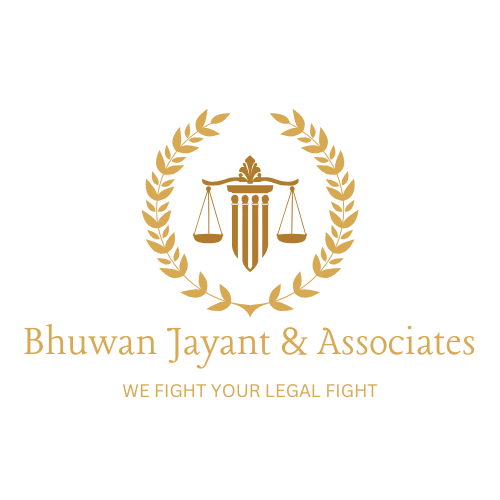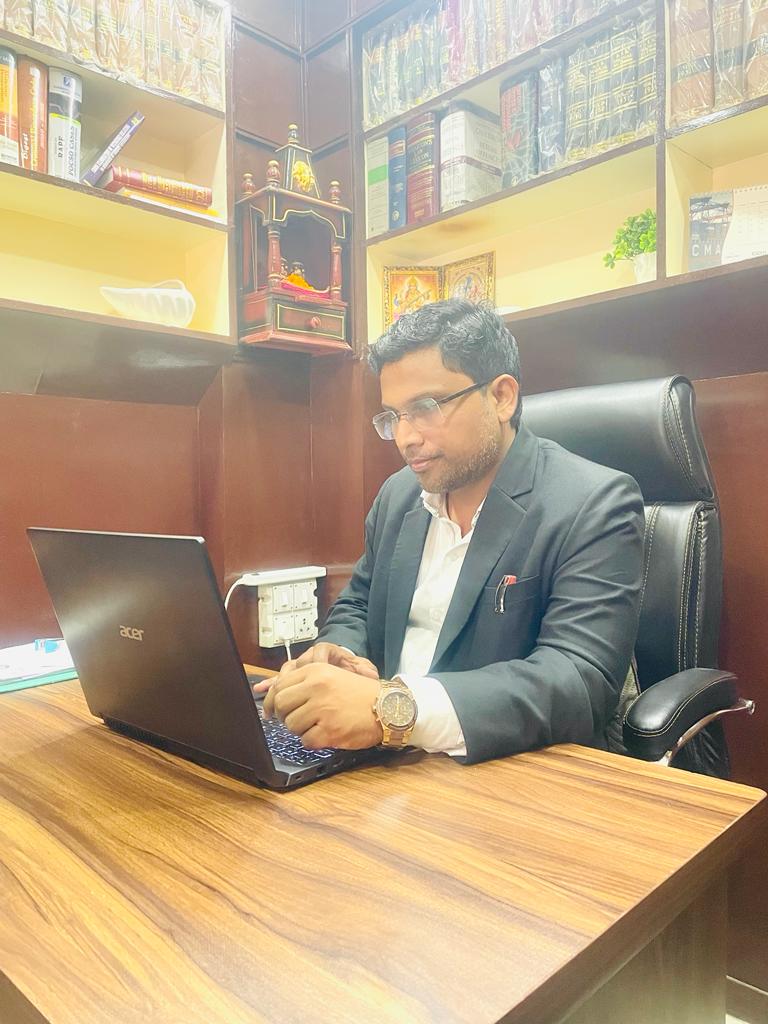SC directs Special Court PMLA not to pass judgment until framing of charges in CBI offence.The Supreme Court has directed a Special Court under the Prevention of Money Laundering Act (PMLA) not to pass the judgment until charges are framed in a related Central Bureau of Investigation (CBI) case.The Supreme Court has directed a Special Court under the Prevention of Money Laundering Act (PMLA) not to pass the judgement until charges are framed in a related Central Bureau of Investigation (CBI) case. The Bench of Justice Bela M Trivedi and Justice Satish Chandra Sharma on Tuesday directed the Trial Court conducting the PMLA Trial that while it may proceed with the trial in accordance with the law, but it shall not pass the final judgement until the framing of charges in the predicate offence registered by the CBI.The petitioner was the director of a Hong Kong-based company. CBI Chennai had registered an FIR in 2017 under various provisions of the Indian Penal Code and Prevention of Corruption Act against 19 Indian entities and unknown public officials alleging that multiple accounts had been opened fraudulently in Punjab National Bank, Chennai, and 100 per cent advance for imports (foreign exchange) to the tune of Rs 450 Crores had been remitted to entities in Hong Kong and Dubai but no corresponding goods were exported to India by these foreign entities.
Cheque Bounce Cases Lawyer in Delhi
Cheque Bounce: Causes, Consequences, and Legal Remedies A cheque bounce, also known as a dishonored cheque, occurs when a bank refuses to honor a cheque due to insufficient funds, signature mismatch, or other reasons. Cheque bounce can have serious consequences for both the drawer (issuer) and the payee (recipient). Causes of Cheque Bounce: Consequences of Cheque Bounce: Legal Remedies for Cheque Bounce: Procedure for Cheque Bounce Case: Tips to Avoid Cheque Bounce: Landmark Judgments: Conclusion: Cheque bounce can have severe consequences for both parties. Understanding the causes, consequences, and legal remedies can help prevent cheque bounce and resolve disputes efficiently. Would you like me to provide more information on specific aspects of cheque bounce or related laws? Sources:
POCSO CASES BAIL LAWYER IN DELHI
The Protection of Children from Sexual Offences (POCSO) Act, 2012, aims to protect children from sexual abuse and exploitation. Bail in POCSO cases is a complex issue, balancing the accused’s right to liberty with the need to ensure justice for the child victim. Key Provisions: Eligibility Criteria for POCSO Bail: Factors Considered by Courts: POCSO Bail Conditions: Cancellation of POCSO Bail: Landmark Judgments: Conclusion: POCSO bail in India is a delicate balance between protecting child victims and ensuring the accused’s right to a fair trial. Courts consider various factors before granting bail, and cancellation can occur if conditions are violated.
Best Bail Lawyer in Supreme Court Of India
In India, the legal system provides individuals accused of crimes with the opportunity to secure bail, ensuring that the rights of the accused are protected while also maintaining the integrity of the judicial process. Bail is the temporary release of an accused person from custody, typically on the condition of furnishing a security or surety, until their trial concludes. This article explores the various types of bail in India, the procedures for securing bail, and significant case laws that have shaped the jurisprudence surrounding bail. Types of Bail in IndiaThe Indian legal system provides for three main types of bail: Regular BailThis is granted under Section 437 and Section 439 of the Code of Criminal Procedure (CrPC) when an individual is arrested or detained. A regular bail allows the accused to be released from police custody until the trial concludes.Interim BailInterim bail is granted for a short period, often while a regular or anticipatory bail application is pending. The purpose of interim bail is to provide temporary relief to the accused, ensuring that they do not remain in custody while their bail application is under consideration.Anticipatory BailProvided under Section 438 of the CrPC, anticipatory bail allows an individual to seek bail before being arrested. It is often sought when a person fears they may be arrested for a non-bailable offense. If granted, it prevents the police from arresting the accused and mandates their release on bail .
Best Cyber Crime Lawyer in Delhi
How a Lawyer Can Help in Cyber Crime Cases? Have you ever encountered a cyber crime case, accidentally or intentionally? Over 7000 cybercrime cases field in India and this number is growing day by day. In the era of the internet, cybercrime is a cup of tea for everyone. When someone gets into this position how does the individual get out of this? An expert Cyber Crime lawyer can provide proper guidance, collect evidence, and also get in defence. In this blog post, We will discuss how a lawyer can help in Cyber Crime Cases. Understand Cybercrime Cybercrime is a criminal activity with a computer, network, or digital device. This type of crime is done against individuals, businesses, or even again the government. Some common types of cybercrime are: Role of a Lawyer in Cyber Crime Cases A lawyer can be your trusted friend in crime cases. Lawyers can ensure the right justice for you with their experience and knowledge. Here are some specific ways a lawyer can help in cybercrime cases: 1. Consultancy: One of the first steps is consulting with the client. The lawyers make a proper conversation with the victim or the criminal. Cyber Crimes have multiple jurisdictions, international laws, and complicated processes. The lawyer can suggest the right path for the client and work according to that. 2. Collecting Evidence: Evidence is the key to justice. An experienced lawyer can help to collect evidence from any digital footprint like retrieving emails, tracking down IPs, or recovering and deleting files. This is important to make a strong case file. 3. Filling Reports: Cybercrime can be a violation of both criminal and civil laws. A lawyer knows the place where to submit the report or file a case. Sometimes the victims unconditionally get into international crime with foreign criminals, and Cybercrime experts can help to handle international issues. 4. Protects Your Digital Rights: The digital world is full of unconditional predators that can harm your individuality or your business profile. An expert lawyer can assist in keeping your privacy in place. If someone’s identity is violated by others, the cybercrime lawyer can help to get rid of that. The business owners, who keep the data of the clients, hire cybercrime lawyers to maintain the regulations of the nation.
Pocso Cases Bail lawyer in Delhi
The Protection of Children from Sexual Offences (POCSO) Act, 2012, was enacted in India to safeguard children from sexual abuse, sexual harassment, and pornography. Since the law deals with serious offenses, obtaining bail for individuals accused under this act is challenging and subject to stringent conditions. This article explores the key factors surrounding bail under the POCSO Act. 1. Introduction to the POCSO Act The POCSO Act is a comprehensive law designed to protect children (below 18 years of age) from sexual offenses. It lays down stringent provisions to prevent, control, and punish sexual exploitation and abuse against children. Offenses covered under POCSO include: Given the gravity of the offenses, the law includes tough measures, such as the presumption of guilt and a reversal of the burden of proof in certain cases. 2. Nature of Bail in POCSO Cases Bail is a crucial aspect of criminal law, allowing accused individuals to be temporarily released while awaiting trial. However, under the POCSO Act, obtaining bail is significantly more complex due to the heinous nature of the crimes involved. Bail can generally be categorized into: Most offenses under the POCSO Act are classified as non-bailable, making it difficult for the accused to secure bail. 3. Factors Courts Consider When Granting Bail in POCSO Cases When a bail application is filed in a POCSO case, the court examines various factors before granting or denying bail:
Cheque Bounce -Supreme Court Judgment
Supreme Court Judgment Closure of bank account shortly after cheque issuance raises serious Doubts about the accused’s conduct and intent. N.I. Act – S.138, 139 & S.118 (A) – Issuance of cheques, the respondent did not dispute that he had handed over the cheques and signed them. The Court noted that if the respondent claimed to have repaid the amounts owed, it was his responsibility to either retrieve the cheques or instruct the bank to stop payment. The fact that the respondent closed his bank accounts shortly after issuing the cheques raised concerns about his conduct and intent. The Court upheld the decision of the Trial Court, which had thoroughly examined all relevant issues and ruled in favor of the appellant. The Appellate Court and High Court had focused only on the interest amounts and certain repayments reflected in the statement of accounts, which the Court found to be an erroneous approach. Consequently, the Court allowed the appeal and upheld the conviction of the respondent.
Cheque Bounce Cases Lawyer in Delhi
Cheque Bounce Reasons Cheque Bounce Procedure Cheque Bounce Laws and Regulations Cheque Bounce Case Studies Cheque Bounce Prevention
Pocso Cases Bail Lawyer in Delhi
The Protection of Children from Sexual Offences (POCSO) Act, 2012, aims to safeguard children from sexual abuse and exploitation. Types of POCSO Cases: POCSO Case Procedure: POCSO Laws and Regulations: POCSO Case Judgment: POCSO Case Statistics: POCSO Case Investigation: POCSO Case Trial: POCSO Case Support Services: POCSO Case Prevention: POCSO Resources:
POCSO Cases Bail Lawyer in Delhi.
The Protection of Children from Sexual Offences (POCSO) Act, 2012, aims to protect children from sexual abuse and exploitation. Here’s a comprehensive guide: What is POCSO? The POCSO Act is a law that protects children (below 18 years) from sexual offenses, including: Key Features of POCSO: Types of POCSO Cases: POCSO Procedure: POCSO Offenses and Penalties: Important POCSO Sections: POCSO Cases Judgment: Challenges in POCSO Cases: Tips for Handling POCSO Cases:



